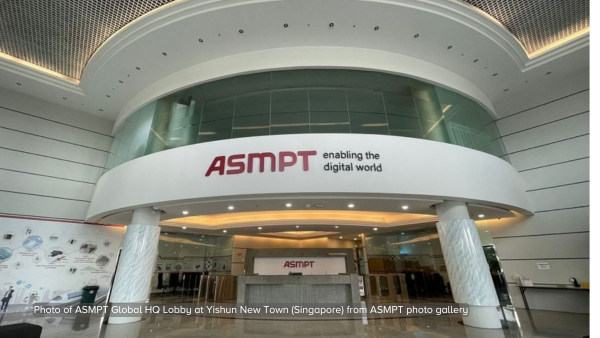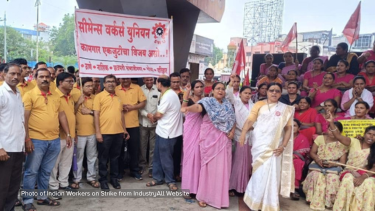Supported by GoodElectronics, Cividep studied the impact of the Covid-19 pandemic on the electronics sector in India.

The main objective of this research was to evaluate the immediate as well as the broader and medium-term impact on the lives of electronics workers since the onset of the pandemic. This includes access to essentials and hardships faced during the initial nationwide lockdown, as well as changes to working conditions, employment practices, and hiring patterns once factories began to reopen after the lockdown period in May 2020.
The research used an online survey and in-depth interviews with workers from electronics factories in Sriperumbudur.
To compare how workers in other production countries had been affected by the pandemic, Cividep also interviewed electronics workers in the Philippines and Vietnam. To get the sense of support provided and to see if workers were able to access and benefit, Cividep also interviewed local community-based organizations and unions in the Sriperumbudur region.
The research found that some workers lost their income because of the pandemic measures, and many had to borrow money to sustain themselves and their families. All companies in the Sriperumbudur region imposed a “no work no pay” policy, leading to even more income loss. Employers also used the pandemic to flexibilise their workforce; permanent workers were asked to resign from their jobs and then rejoin on a temporary/contractual basis.
During the first wave of the Covid-19 pandemic, some companies provided financial support to infected workers to cover medical expenses. However, only permanent workers enjoyed this support. Some companies provided dry rations for their workers. There was no such support during the second wave of the pandemic in 2021, when infections were rampant and the situation a lot direr compared to the first wave.
The Cividep report highlights that massive lay-offs of workers were hardly preceded by dialogue or consultation. Mandatory internal grievance mechanisms are either absent or function simply as a checklist.









